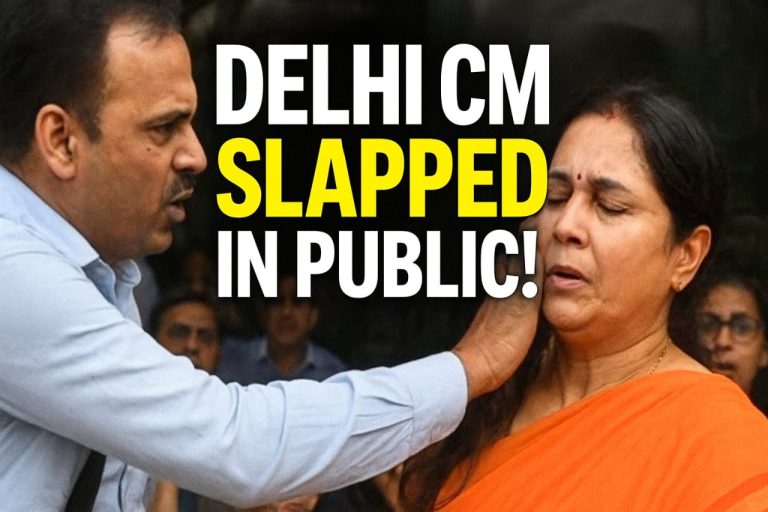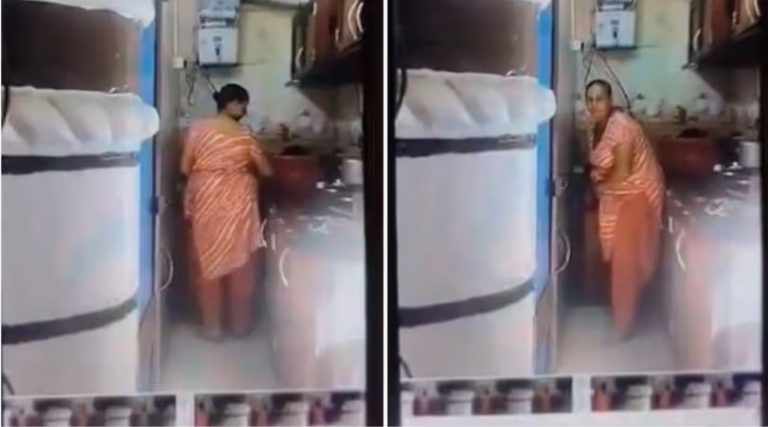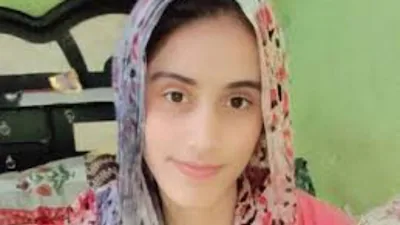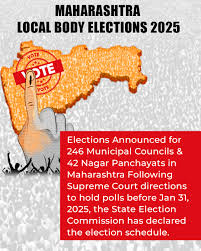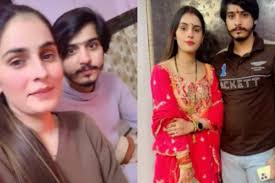
Nikki Bhati Murder case
By Sanskriti Upadhaya
Nikki Bhati Murder Case: Dowry Death in Greater Noida Sparks National Outrage
The Nikki Bhati dowry murder case has once again highlighted the grim reality of dowry harassment and violence against women in India. On August 21, 2025, 28-year-old Nikki Bhati was allegedly set on fire at her matrimonial home in Greater Noida, Uttar Pradesh, following repeated demands for dowry. The tragic incident has triggered widespread anger, debates on women’s safety, and questions about the effectiveness of India’s existing dowry laws.
Who Was Nikki Bhati?
Nikki Bhati was a young woman known for her ambitions and vibrant personality. Married in December 2016 to Vipin Bhati, she belonged to a respected family and had dreams of building her own career. Social media users recently circulated an old video of her driving a Mercedes, symbolizing her aspirations and zest for life. Sadly, her journey ended in a brutal manner that has shocked the nation.
The Day of the Incident
According to initial reports, Nikki was attacked inside her home on August 21, 2025. She sustained severe burn injuries after allegedly being set ablaze by her husband, Vipin Bhati, along with his family members. Despite being rushed to the hospital, she succumbed to her injuries.
Eyewitness accounts and early police findings suggested a case of dowry harassment turned fatal. Nikki’s family alleged that her in-laws had been pressuring her for additional dowry of nearly ₹35–36 lakh.
Shocking New Twist in the Case
Just when the case appeared straightforward, CCTV footage emerged, showing that Vipin Bhati may not have been at home during the time of the incident. The footage, dated August 21, shows him at a nearby shop, raising doubts about the sequence of events.
This evidence has forced investigators to re-evaluate the timeline and circumstances of Nikki’s death. While Vipin remains under arrest, the probe is now expanding to examine the roles of his father, Satveer Bhati, and brother Rohit Bhati, both of whom have also been arrested.
Family’s Demand for Justice
Nikki’s father, Bhikari Singh Payla, has spoken emotionally to the media, declaring that he has “lost everything.” He has demanded strict punishment for the accused and even called for “bulldozer action” against the in-laws’ home—an increasingly common demand in Uttar Pradesh when crimes shock public conscience.
Her family has maintained that Nikki faced constant harassment, humiliation, and demands for dowry over the years. The incident has reignited debates on the Dowry Prohibition Act, 1961, and whether current laws are truly effective in protecting women.
Larger Social Impact
The Nikki Bhati murder is not an isolated case. Just days after her death, reports emerged of a pregnant woman in Delhi (Dwarka) who also died under suspicious circumstances linked to dowry harassment. These incidents underline that dowry deaths, despite being illegal, remain alarmingly frequent in India.
According to National Crime Records Bureau (NCRB) data, thousands of women continue to die every year due to dowry-related violence. Social activists argue that stricter law enforcement, faster trials, and stronger awareness campaigns are needed to break this cycle.
Public Outrage and Social Media Campaigns
On social media, hashtags like #JusticeForNikkiBhati and #StopDowryDeaths have been trending. Netizens have expressed anger at the brutality of the crime and the systemic failures that allow such violence to persist. Nikki’s case has become symbolic of the urgent need to address deep-rooted patriarchy and dowry practices.
Conclusion
The Nikki Bhati dowry death case is a painful reminder that, despite decades of progress, Indian society continues to grapple with the dark legacy of dowry. Nikki’s story has sparked national outrage and reignited conversations about women’s rights and legal reforms.
Her family and supporters now await justice, hoping her death will not become just another statistic but rather a turning point in India’s fight against dowry violence.
